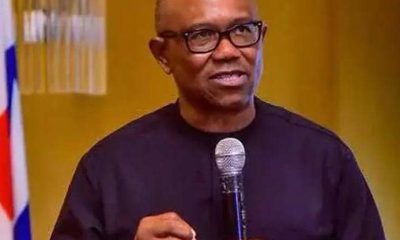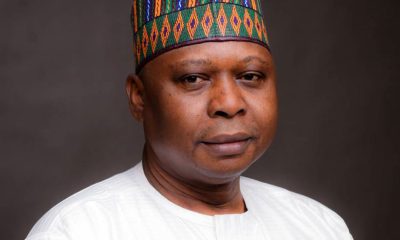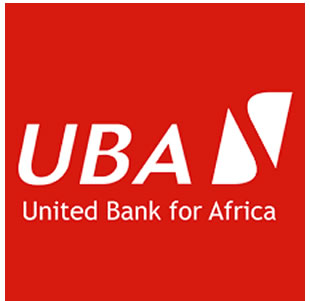The Nigeria Sovereign Investment Authority (NSIA) has awarded the sum of $220,000 to three Nigerian startups through the second edition of its NSIA Prize for Innovation.
The winners of the prize emerged on Saturday during the final Demo Day where 10 selected startups pitched their innovation.
Sycamore, a peer-to-peer lending fintech platform that leverages technology to connect lenders and borrowers, won the grand prize of $100,000. Led by Babatunde Akin-Moses, Sycamore was founded in 2019 to empower African businesses and propel economic growth by bridging the credit gap with technology.
Kunda Kids, an edtech media company focused on providing well illustrated engaging African-inspired digital content to children, parents, and libraries globally – followed closely at the second position with a combined prize value of US$70,000.
PaveHQ, a learning and career ecosystem that supports students to achieve a successful career came third with a total combined prize value of US$50,000, bringing total combined prize value to US$220,000.
According to a statement from the NSIA, the emergence of the winners followed an assessment of pitches from ten innovators to an expert panel of judges drawn from the business and technology ecosystem.
It added that the evaluation was based on key metrics including market potential, team composition, traction, and competitiveness of the solution proposed.
Speaking after the Demo Day, the Managing Director and Chief Executive of NSIA, Aminu Umar-Sadiq, shared that ‘the NSIA Prize for Innovation was conceptualized in recognition of the pivotal role that technology plays to shape positive socio-economic outcomes, strengthen multiple sectors, significantly expand opportunities across multiple sectors and re-position homegrown talent for global relevance.
“Now in its second year, the NSIA has so far received commendable attention from the tech eco-system as the registration of credible start-ups across Nigeria to join the program has grown from 2,000 to over 7,000 entries within the current year.
“The NPI program validates the Authority’s commitment to propel innovation, support entrepreneurship, and position young Nigerians within the technology eco-system for global relevance,” he said.
Umar-Sadiq stated that this year’s program has been expanded to include a five-week all-expense-paid training at Draper University, Silicon Valley USA, to enable all top ten innovators to expand their horizons and potentially deliver solutions on global platforms.
The Nigeria Sovereign Investment Authority is Nigerian government investment institution established by the Nigeria Sovereign Wealth Act (2011), to manage and invest in a diversified portfolio of medium and long-term funds.

 Feature23 hours ago
Feature23 hours ago
 Abuja Reports22 hours ago
Abuja Reports22 hours ago
 News23 hours ago
News23 hours ago
 News19 hours ago
News19 hours ago
 Entertainment19 hours ago
Entertainment19 hours ago
 Education19 hours ago
Education19 hours ago
 Politics9 hours ago
Politics9 hours ago
 INEC'19 hours ago
INEC'19 hours ago













